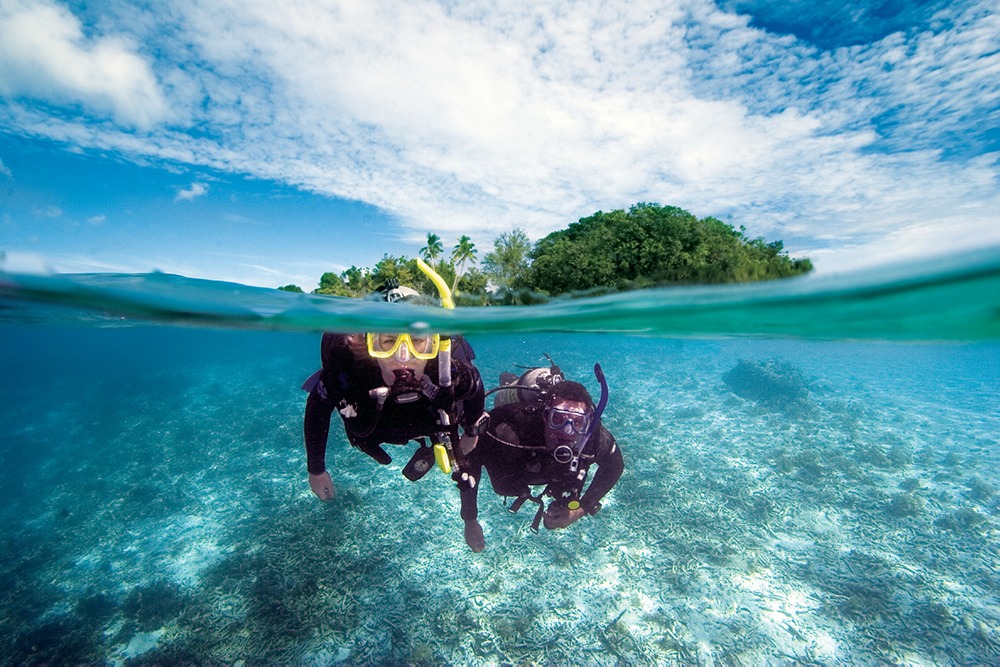Scuba Diving Tourism: A Deep Dive into the Blue Economy
Posted by Dive Pro: Will Taylor on on 26th Jul 2024
The convergence of economic prosperity, increased leisure time, and a growing global environmental consciousness has propelled scuba diving from a niche hobby to a substantial component of the blue economy. This oceanic pursuit has transcended its recreational origins to become a pivotal force in shaping coastal economies and fostering environmental stewardship.

The allure of the underwater realm is undeniable. It offers a unique opportunity to escape terrestrial constraints and immerse oneself in an ecosystem of unparalleled biodiversity. From the vibrant coral reefs of the Indo-Pacific to the enigmatic wreck sites of the Atlantic, scuba diving destinations have become coveted travel experiences. The psychological benefits are equally compelling, with research demonstrating that underwater immersion can mitigate stress, stimulate creativity, and enhance overall well-being.

Beyond its recreational appeal, scuba diving has emerged as a catalyst for sustainable tourism. Many dive operators are at the forefront of environmental conservation and community development. By offering opportunities for marine conservation volunteering, educational programs, and economic support to local businesses, they contribute significantly to the long-term health of both the ecosystem and the host community. Moreover, the economic impact of scuba diving tourism is substantial, generating revenue through equipment sales, charter boat operations, accommodations, and ancillary services, thereby stimulating employment and economic growth in coastal regions.
Scuba diving tourism has become a cornerstone of the blue economy. Its ability to amalgamate leisure, adventure, and environmental responsibility has made it a compelling choice for modern travelers. By proactively addressing the challenges associated with its growth, the industry can continue to flourish while contributing to the overall health of the planet's oceans.

